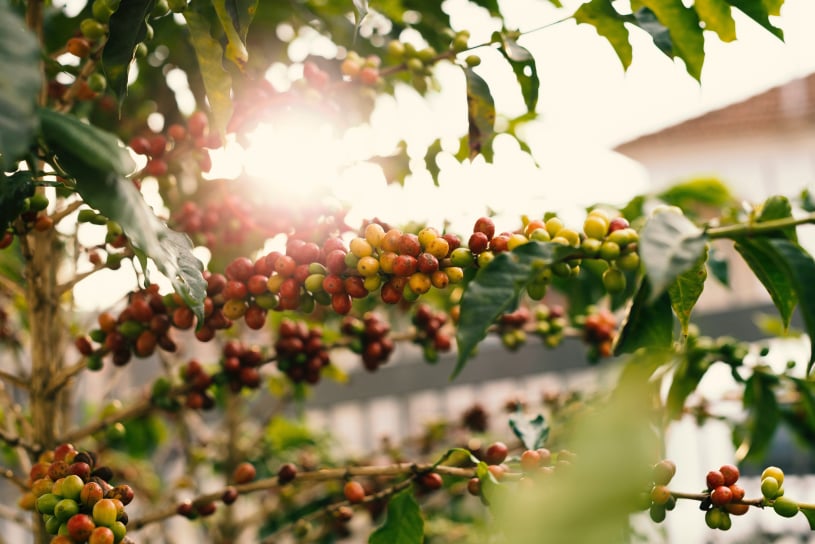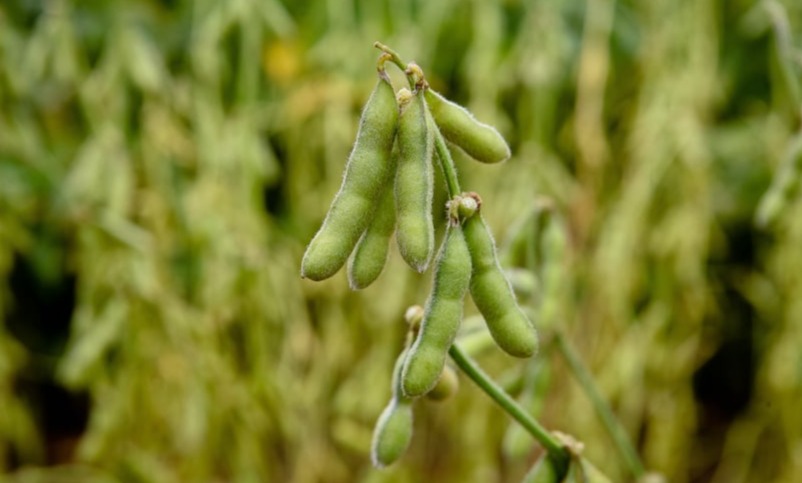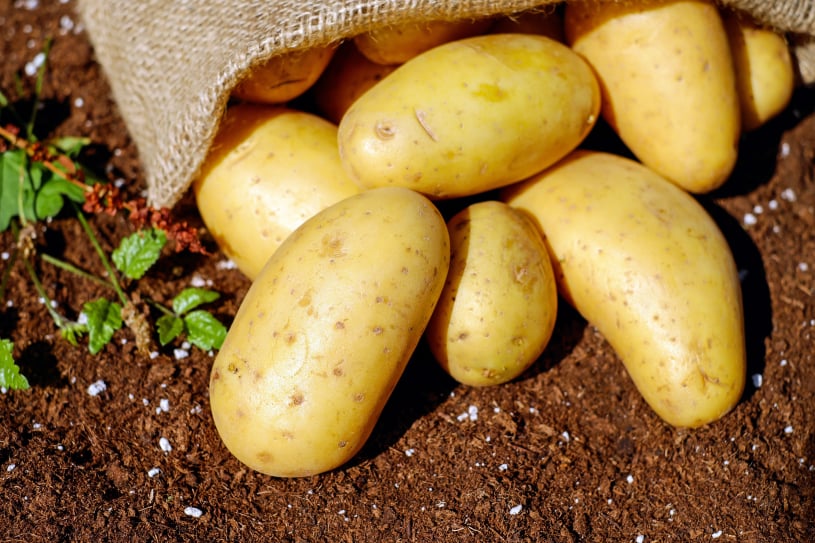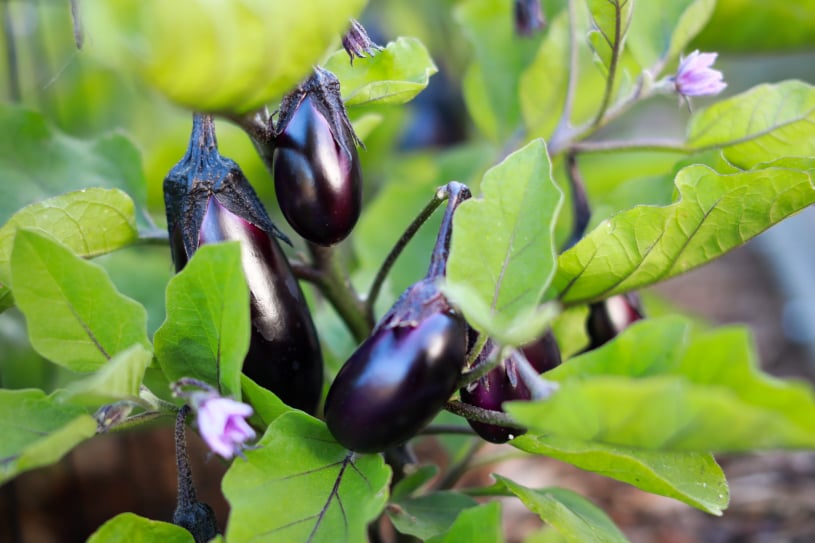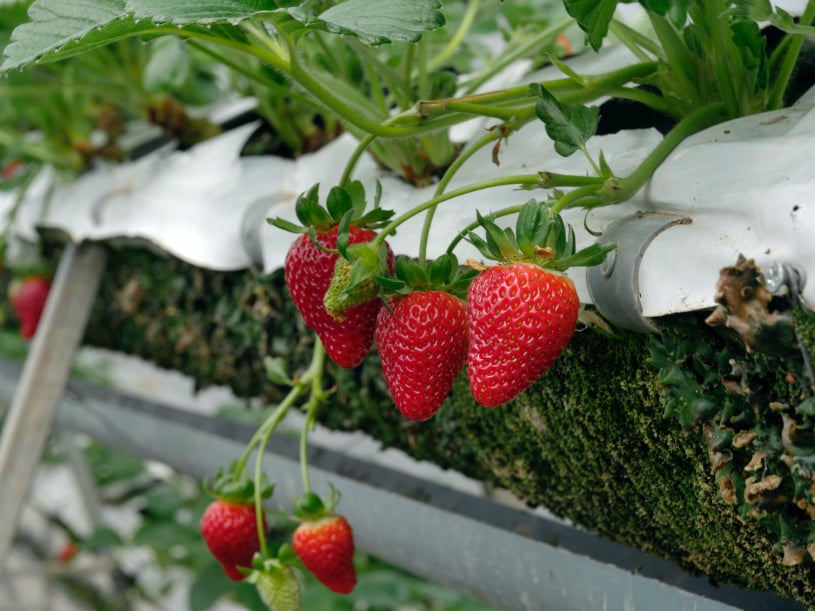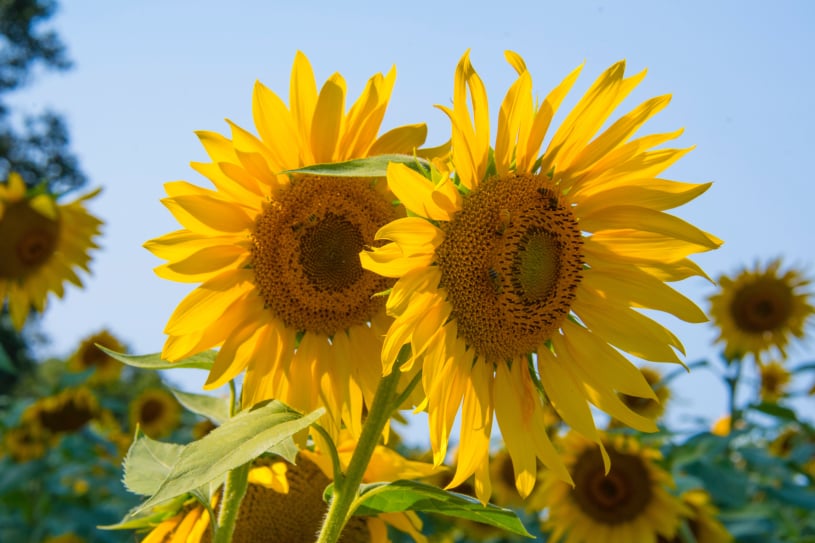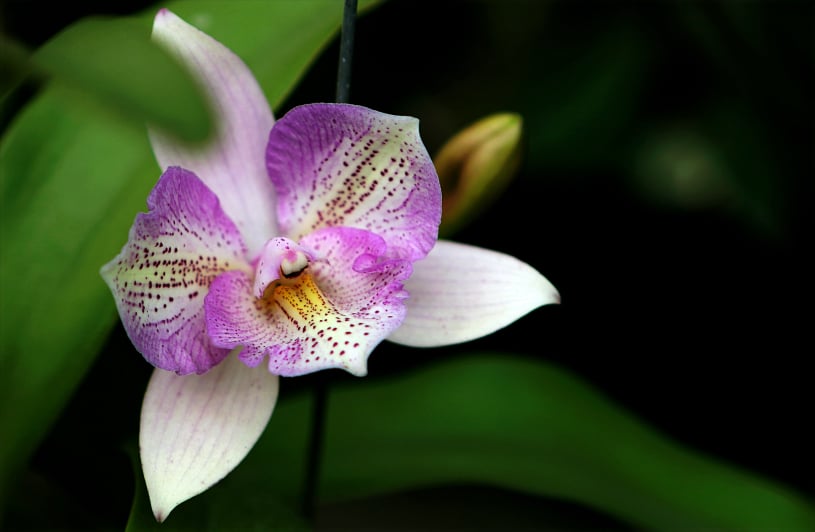Cereals
Rice, wheat, sorghum and millet show positive yield increases above control for all the trials conducted in Cambodia, China, Kenya, Malaysia, Nigeria, UK, US and Vietnam.
Together with yield increase are the following observable benefits:
• Higher germination rate
• Better root growth
• Increase in number of tillers
• Increase in number of panicles
• Reduction in lodging
The recommended application for Cereals is:
Seed soak in 0.3 - 0.5% solution.
Foliar spray using 0.3 - 0.5% solution at emergence, tillering, panicle initiation and booting stage.
A combination of seed soak and foliar spray gives optimum increase in yield though seed soak alone gives substantial increase in yield too.
Extensive trials were also conducted on maize in China, Indonesia, Malaysia, US and Vietnam. Positive yield increases have also been recorded for these trials together with the following observable benefits:
• Better root growth
• Increase in stand counts
• Increase in stalk counts
• Uniform kernels
The recommended application for maize is:
Foliar spray using 0.3 - 0.5% solution at emergence, 4-leaf and silking stages.
